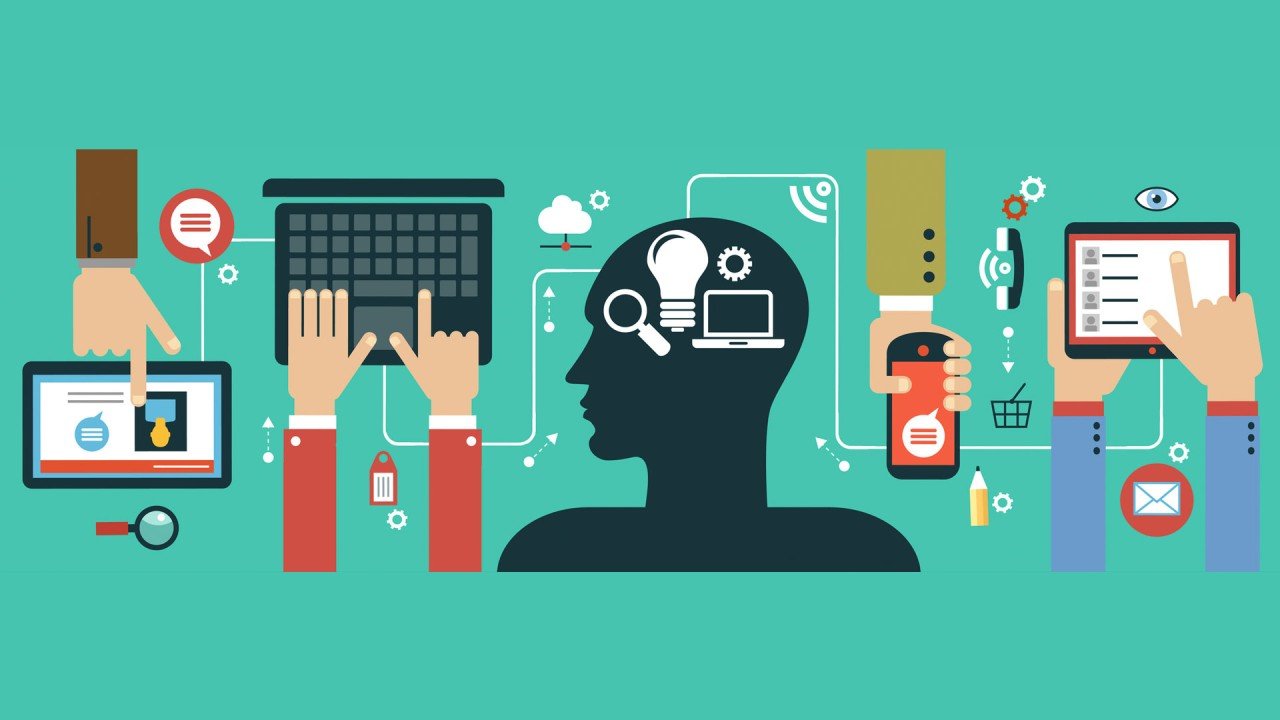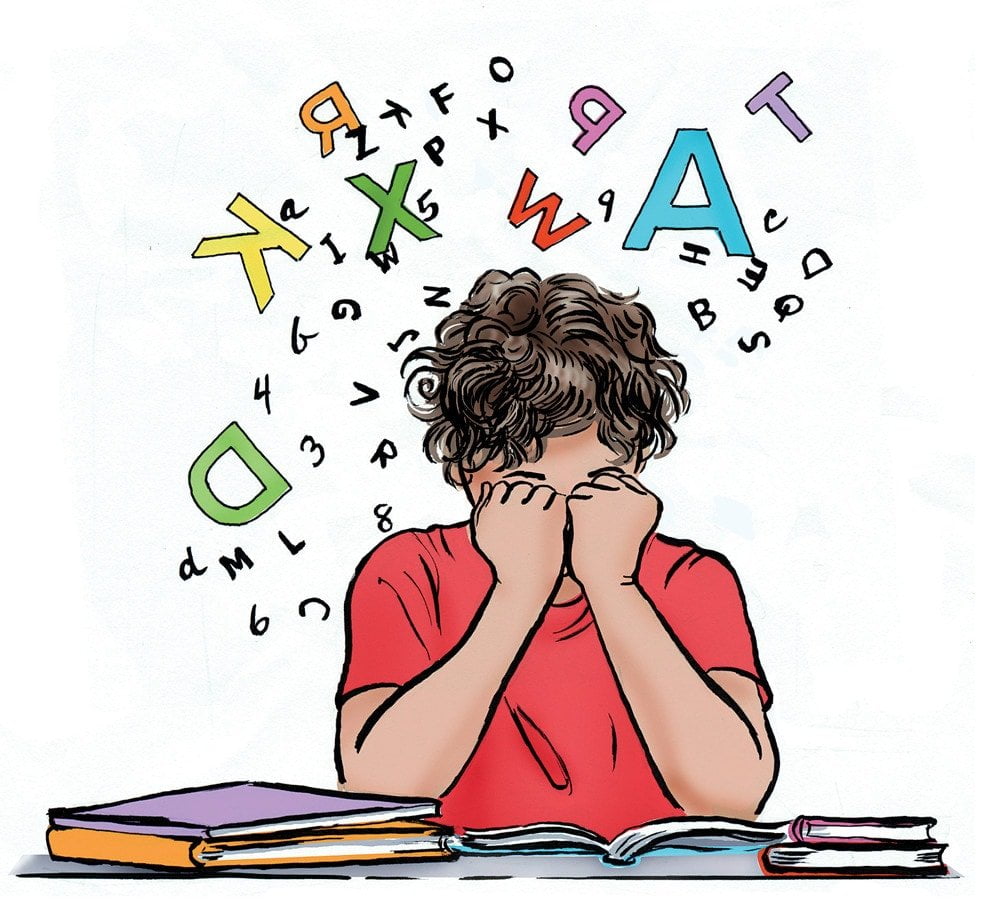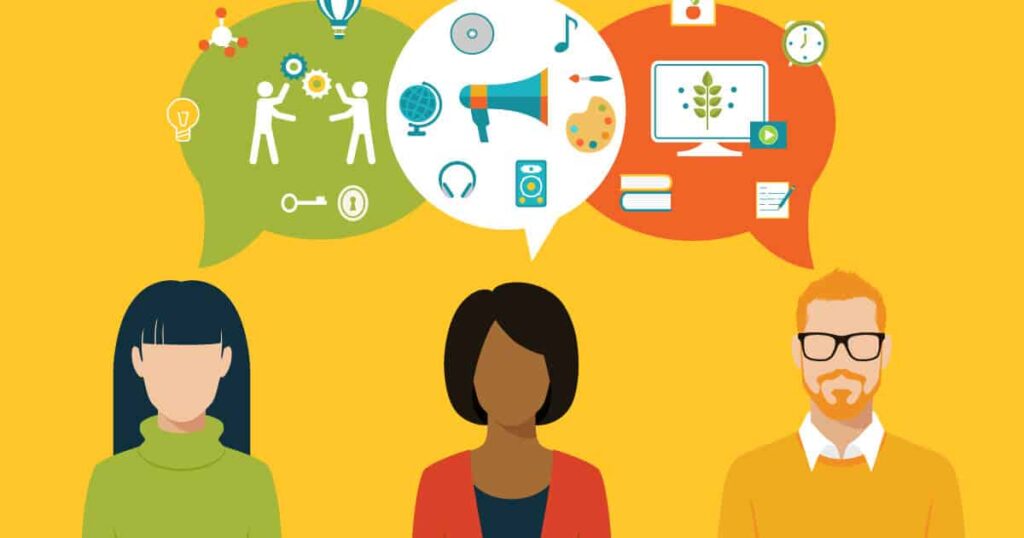Digital literacy is the ability of individuals to use digital technology and media tools effectively and consciously in today’s rapidly advancing technology world. Digital literacy is necessary to successfully conduct processes of acquiring knowledge, creating, and communicating by adapting to the digital environments encountered in daily life and utilizing them effectively.
The Importance of Digital Literacy
Digital literacy holds great importance nowadays. The use of digital technologies is rapidly increasing in the business world, education, and daily life. Therefore, it is important for individuals to be digitally literate to work successfully and efficiently. Additionally, digital literacy enables individuals to use technology in a safe and ethical manner.
Digital Literacy Skills
Digital literacy skills are the fundamental capabilities that individuals need to develop to work effectively and efficiently in the digital world.
These skills include:
Information Acquisition and Evaluation: Digitally literate individuals possess the ability to gather, analyze, and evaluate information from online sources.
Communication and Collaboration: Digitally literate individuals have the ability to communicate and collaborate effectively and appropriately with others in online environments.
Digital Content Creation: Digitally literate individuals have the ability to create original and quality content using various digital tools.
Digital Safety and Ethics: Digitally literate individuals have the ability to demonstrate safe and ethical behaviors in digital environments.
Digital Problem-Solving and Innovation: Digitally literate individuals have the ability to produce creative solutions to problems and develop innovative ideas using digital technologies.
Digital Literacy Education
Digital literacy education comprises training programs offered to individuals to develop digital literacy skills. Digital literacy education is offered at various levels to ensure that individuals use digital technologies effectively and safely.
These trainings cover the following topics:
Basic Computer Skills: These are the foundation of digital literacy education aiming to develop individuals’ abilities to use computers and other digital tools.
Internet and Search Skills: These trainings aimed at developing skills to gather and evaluate information from online resources teach the effective and safe use of the internet.
Social Media and Communication Tools: These trainings focus on developing individuals’ abilities to communicate and collaborate effectively and appropriately using social media and online communication tools.
Digital Content Creation and Editing: These trainings aim to develop individuals’ abilities to produce original and quality content, teaching the use of digital content creation and editing tools.
Security and Ethical Issues: These trainings aim to enable individuals to exhibit safe and ethical behaviors in digital environments, addressing digital security and ethical issues.
Digital Literacy and the Business World
The business world operates in an environment where digital technologies are rapidly developing and becoming widespread. Therefore, it’s important for individuals aspiring to succeed in the business world to develop their digital literacy skills.
Digital literacy skills provide the following advantages in the business world:
Increased Efficiency: Digitally literate individuals accelerate business processes and increase their efficiency by using digital technologies effectively.
Seizing Business Opportunities: Digitally literate individuals evaluate and seize new business opportunities emerging in the digital world more quickly and easily.
Digital Negotiation and Competitive Advantage: Digitally literate individuals provide competitive advantage against competitors by operating effectively in the digital world.
Digitization of Business Processes: Digitally literate individuals work successfully on projects aimed at digitizing business processes, thereby accelerating the digital transformation of companies.
Innovation and Creativity: Digitally literate individuals produce innovative ideas and solutions for businesses using digital technologies.
Digital Literacy and Education
In the field of education, digital literacy skills enable students and teachers to conduct learning and teaching processes successfully using digital technologies.
Digital literacy education yields the following benefits:
Accessibility and Flexibility: Digitally literate students and teachers can easily access online educational materials and manage learning and teaching processes flexibly.
Student-Centered Learning: Thanks to digital literacy skills, students can direct their own learning processes and enrich learning experiences according to individual needs.
Collaborative Learning: Digitally literate students and teachers can successfully conduct collaborative learning processes online, thereby increasing information sharing and learning interaction.
Creative and Critical Thinking: Digital literacy skills help students and teachers develop creative and critical thinking abilities using digital technologies.
Digital Literacy and Everyday Life
In daily life, digital literacy skills enable individuals to simplify their lives by using digital technologies effectively and safely.
Through these skills, individuals have the following advantages:
Access to Information: Digitally literate individuals can access fast and accurate information regarding the problems they encounter in their daily lives.
Communication and Social Relationships: Digitally literate individuals strengthen their social relationships by communicating effectively and appropriately through digital communication tools and social media platforms.
Economic Opportunities: Digital literacy skills allow individuals to conduct online shopping, banking, and other economic transactions safely and effectively.
Entertainment and Cultural Activities: Digitally literate individuals can participate in various entertainment and cultural activities using digital technologies, enriching their lives.
Digital Citizenship: Digital literacy skills help individuals successfully fulfill their roles as digital citizens by behaving ethically and responsibly in digital environments.
In conclusion, digital literacy holds a critical importance in today’s world for individuals to lead successful and happy lives. Developing digital literacy skills is necessary not only to be more effective and efficient in the business world, education, and daily life but also to demonstrate safe and ethical behaviors in the digital world.
It is of great importance for individuals and society to focus on continually developing digital literacy skills through education and opportunities.
We have come to the end of our article. You can check our blog page for similar content!






